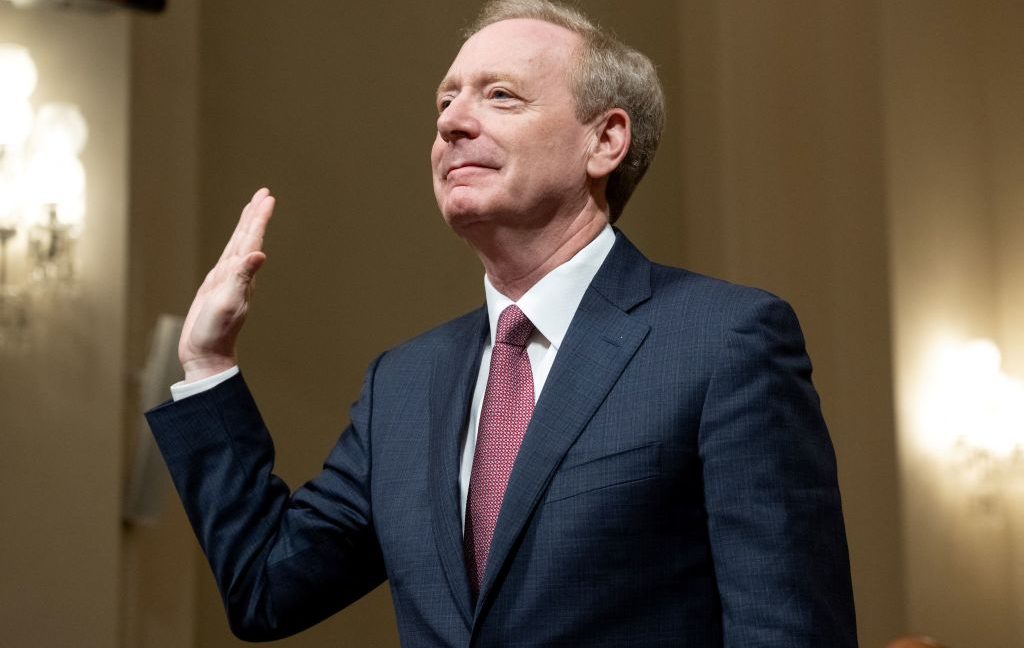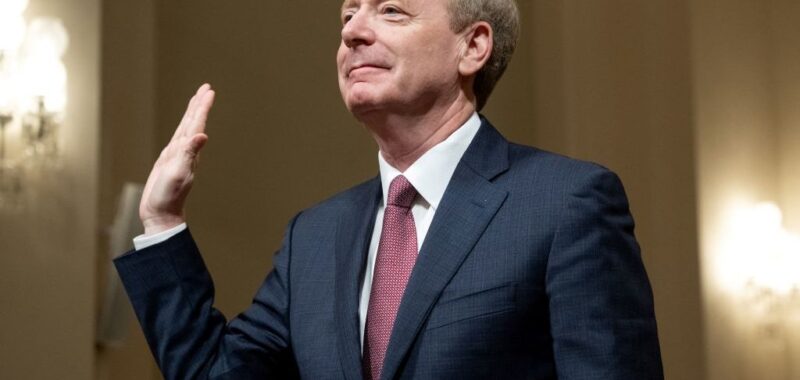
Smith testified before the US Senate in September that Russia, China, and Iran had stepped up their digital efforts to interfere in global elections this year, including in the US.
However, Microsoft’s own security standards have come under fire in recent months. A damning report by the US Cyber Safety Review Board in March said its security culture was “inadequate,” pointing to a “cascade… of avoidable errors” that last year allowed Chinese hackers to access hundreds of email accounts, including those belonging to senior US government security officials, that were hosted on Microsoft’s cloud systems.
Microsoft chief executive Satya Nadella has said in response that the company would prioritize security “above all else,” including by tying staff remuneration to security.
The company is also making changes to its Windows operating system to help its customers recover more quickly from incidents such as July’s global IT outage caused by CrowdStrike’s botched security update.
Beyond cyber security, Smith said it was “a little early” to determine the precise impact of a second Trump administration on the technology industry. Any anticipated liberalization of M&A regulation in the US would have to be weighed up against continued scrutiny of dealmaking in other parts of the world, he said.
Smith also reiterated his plea for the US government to “help accelerate exports of key American digital technologies,” especially to the Middle East and Africa, after the Biden administration imposed export controls on AI chips, fearing the technology could leak to China.
“We really need now to standardize processes so that American technology can reach these other parts of the world as fast as Chinese technology,” he said.
© 2024 The Financial Times Ltd. All rights reserved. Not to be redistributed, copied, or modified in any way.

